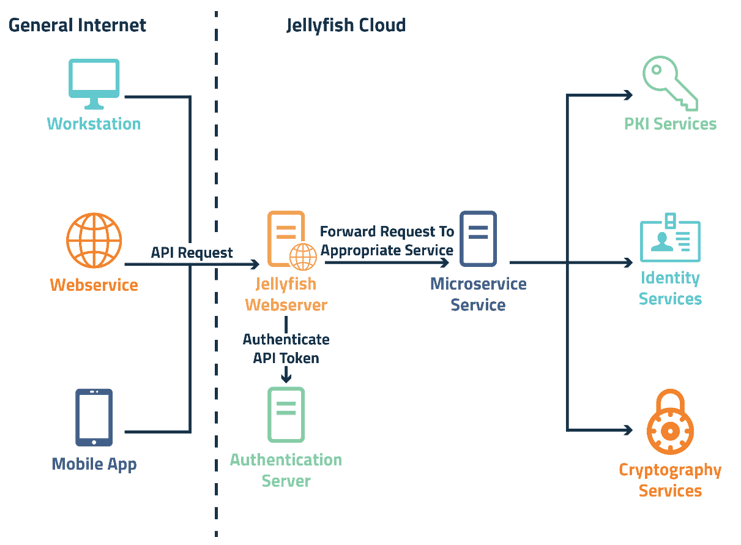Application Programming Interface

What does API mean?
An API, which stands for Application Programming Interface, is a set of rules and protocols that allows different software applications to communicate and interact with each other. It defines the methods and data formats that applications can use to request and exchange information, enabling seamless integration and interoperability between systems.
At its core, an API acts as a contract between software components, specifying how they should interact and what functionality they can access. It provides a layer of abstraction, shielding the complexities of underlying systems and enabling developers to leverage pre-build functionalities without having to understand the inner workings.
APIs can be categorized into different types based on their purpose and implementation. Web APIs, also known as HTTP APIs, are widely used to enable communication between web-based applications. They allow developers to access services and retrieve data from remote servers using standard web protocols like HTTP. Examples of popular web APIs include social media (such as the Facebook Graph API or the Twitter API).
APIs have become fundamental building blocks for modern software development, allowing developers to integrate third-party services, leverage existing functionalities, and build complex applications more efficiently. They promote modularity, reusability, and scalability, as developers can focus on specific tasks and rely on APIs for the rest. Overall, they play a pivotal role in enabling software systems to interact, share data, and work together seamlessly, empowering developers to build powerful and interconnected applications.
REST API
Cogito Group’s Jellyfish REST API allows integrations of other products through a programmatic interface. The API calls are supplied to customers in the event of a custom app, but many applications and devices are already provided for. The Jellyfish portal itself uses these calls meaning anything you can do in the web portal, you can do through the Jellyfish REST API.
